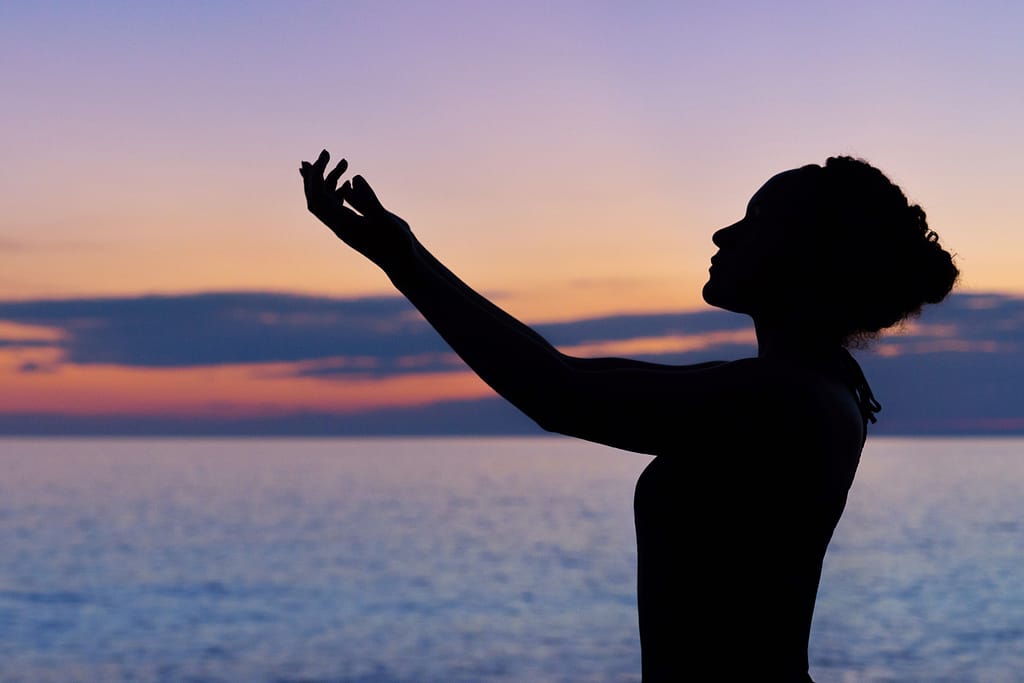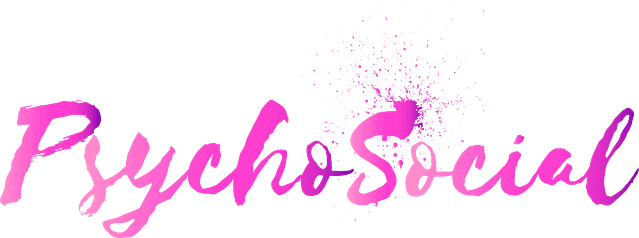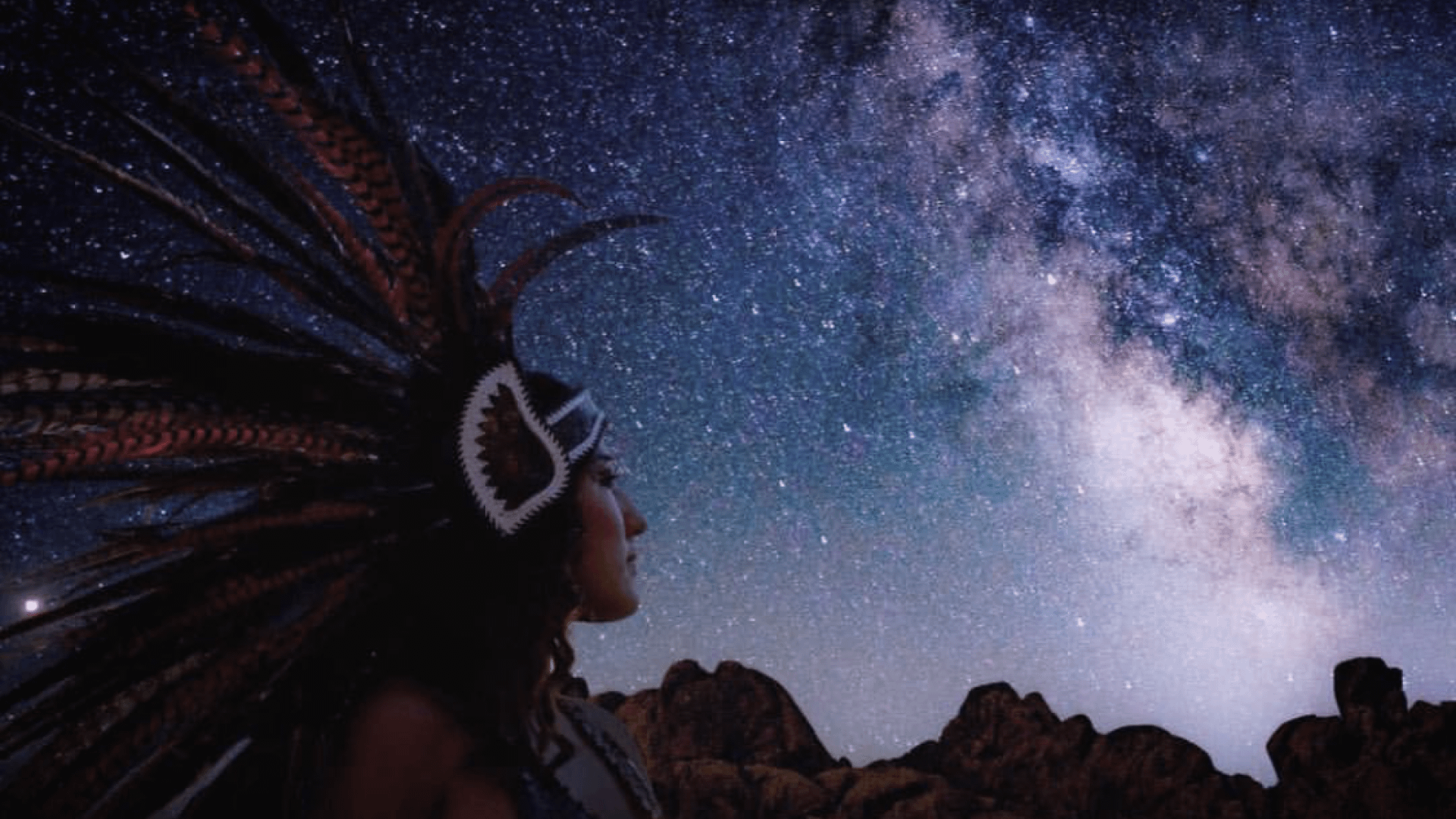“I’m not religious. I’m not spiritual. I don’t believe in god. I don’t know what I believe.”
Those are some of the responses I get when I mention spirituality to my clients. Those responses are also familiar to me because I’ve said them to my therapist. I remember sitting with my second therapist (I’ve had five so far. Yes, you can change therapists at any point and as many times as you want, but you can’t have more than one therapist at the same time) crying because I felt lost, and she asked me if I had any spiritual connections that brought me comfort. I went on to explain that I grew up in a Christian household and God was always a part of my family conversations but that I no longer related to any religion and, “I don’t believe in God anymore. I’m not spiritual because I’m not religious.” She went on to explain that spirituality doesn’t necessarily mean you have to be religious. My therapist tried her best to help me understand what she was saying but my mind was not interested in the “spiritual world” at that time, so we never spoke about it again (that’s one thing therapists do, we meet the client where they are. If you’re not interested or “ready” to talk about something, we know we can’t make you). All along, my therapist knew what I needed, but I wasn’t ready to hear it. Little did I know that spirituality was nothing like what I thought it was. Fast forward to my third therapist, this time I was going to therapy because I didn’t pass my licensure exam, my family was going through a rough patch, and all of this was bringing up emotional pain I didn’t know I had. My third therapist mentioned that I sounded like an “empath” because I felt things so deeply, and I was confusing my pain with the pain I absorbed from others. What she said made sense to me, but our time was up (hate when that happens). After that session, I wanted to know more. So, I searched on Google and my life has never been the same since. It took a lot of research, awareness, and challenging my thoughts like “this is stupid, this isn’t gonna work, I’m just trying to fit in” to finally understand what my second therapist was trying to explore with me, spirituality.
What is spirituality? First and most important, it’s a daily and lifelong PRACTICE. I mention this because I don’t want you to think that I’m trying to give you a life hack here. There is no hack. Practice makes progress. Spirituality is something we can access in moments. Meaning, it’s not a permanent state of being because, well, life happens.
Second, if you were to google this question, the first definition to pop up is, “the quality of being concerned with the human spirit or soul as opposed to material or physical things.” When I first read this, it made zero sense to me, and I’m guessing some of you want a little more explanation. I’m gonna try to explain this concept the way I understand it. This is my view, my opinion and you are allowed to disagree with me. Here is my (not so) simple explanation.

When clients ask me, “what is spirituality?” or “how do I become spiritual?” I like to say, “you already are spiritual, you’re just not aware of it.” If you’re aware of what you’re doing — meaning you pay attention to the visual, audio, odor, and taste of life — accessing your spirit will come more natural to you. If you live on autopilot like many of us do, this will be a challenge.
Before I let spirituality into my life, I was running, journaling, and doing all kinds of “self-care” practices, but nothing was helping me feel better. I still had that vacant space inside of me. At the time, I didn’t know what was missing. I thought I had “everything” – a great partner, a wonderful dog, great friends, supportive family – and yet that emptiness persisted. I was doing my best being present, but that wasn’t enough. I thought I was present, and if I was, I was doing it without a purpose. I learned that spirituality takes awareness AND intention/purpose to connect.
Spirituality is the moment when you feel connected to something greater than yourself. Some people call it God, the universe, energy, life force, or higher self. “That sounds like BS, Sonia.” I hear you, stay with me. Spirituality is the moment when you feel a connection to anything or anyone.
When someone says the word “spiritual” some of us quickly relate it to a religion, and it’s one of those words that divide people because we understand it in two extremes — you either have it or you don’t. But spirituality is so much more complex, and like so many other concepts, it can be seen on a spectrum. Spirituality takes on many expressions.
In the past three years, I’ve seen a flood of articles, websites, and IG pages that post content about spirituality. You know the posts? The ones with crystals, sage, and moon rituals? I love that shit, not gonna lie. But I connect to it deeply, so I do consider these practices as part of my spirituality. And it’s ok if you’re not into that kind of stuff.
Let me paint a few experiences for you. You know that moment of gratitude you feel when you stuff a taco al pastor in your mouth, and you enjoy every bite? Pretty sure you had a spiritual moment the second you took that first bite. Or that moment of awe when you get to the top of the hiking trail, and you look up at the waterfall or look down at the entire city you live in – Spiritual. How about that overwhelming moment of having an orgasm? Yup, I consider those moments spiritual, too. And yes, religion also includes spirituality. Like when you’re in the middle of a worship song, and you begin to cry. We feel alive and experience joy in those moments not only because we are aware, but we feel connected to something — people, mother earth, God, ourselves. We stop being concerned with “material and physical things” as Google defines.
Here is another example: Think of a time when shit was really bad in your life, but then you watched something, talked to someone, or spent time with someone who made you laugh your ass off. You laughed so hard, and you realized, “man, I really needed that!” In other words, “NOW I remember, I KNOW I’m gonna be okay.” Why does that happen? Laughter brings us to the present moment and connects us to a part of ourselves that feels true. “But Sonia, that doesn’t sound like spirituality. That sounds like being present.” I know. And that’s the point. Spirituality is not what you think it is, and it is everything you want it to be. You are spirituality because you are awareness, you are connection, and you are spiritual.

Spirituality can be expressed in many ways, so go to church, pull out your palo santo, run, cook, pray, be with others, and do it with awareness, intention, and connection. I strongly believe that spirituality is the key to psychological health. Not only because it’s my truth in my life, but because I see it missing in so many other people’s life. When you become open to the idea of inviting spirituality into your life, you give yourself the opportunity to experience a different state of being. But like my second therapist, I can’t take you there unless you’re ready.
If you’ve read this far, thank you for connecting to my story – you just experienced a spiritual moment.
Silhoutte Photo by William Farlow on Unsplash
Sonia Fregoso is a Licensed Marriage and Family Therapist (LMFT #104403). She earned her Masters degree in Marriage and Family Therapy from the University of Southern California (USC) and her Bachelors degree in Psychology from the California State University of Los Angeles (CSULA).
Sonia was born and raised in the Los Angeles community of Boyle Heights. Sonia is passionate about serving her community, creating spaces for healing, and spreading the word about holistic approaches to healing. Her approach to helping others is rooted in her learnings of being human first, therapist second. She is known for her openness, calmness, and humor as she helps clients share their story arming them with tools to encourage the self-healing process that can lead them to find and feel relief. She utilizes her education, personal experience, and intuition to guide her holistic approach that honors the relationship between mind, body, and spirit. She also uses a combination of Cognitive Behavioral Therapy (CBT), Narrative Therapy as well as intuitive, holistic healing approaches.
-
Sonia Fregoso, LMFThttps://psychosocial.media/author/sonia/September 1, 2019
-
Sonia Fregoso, LMFThttps://psychosocial.media/author/sonia/July 18, 2021























